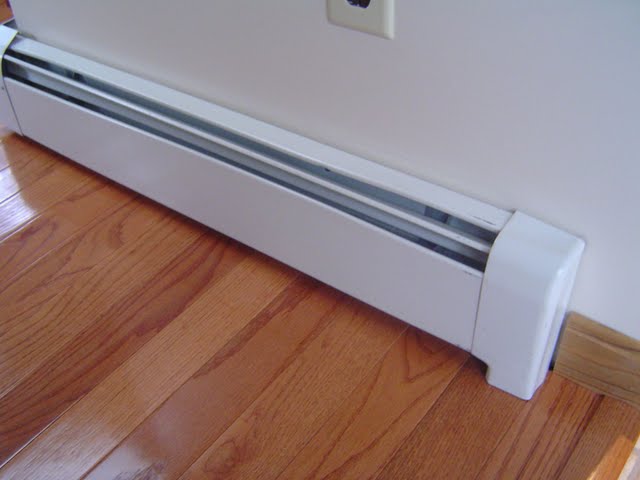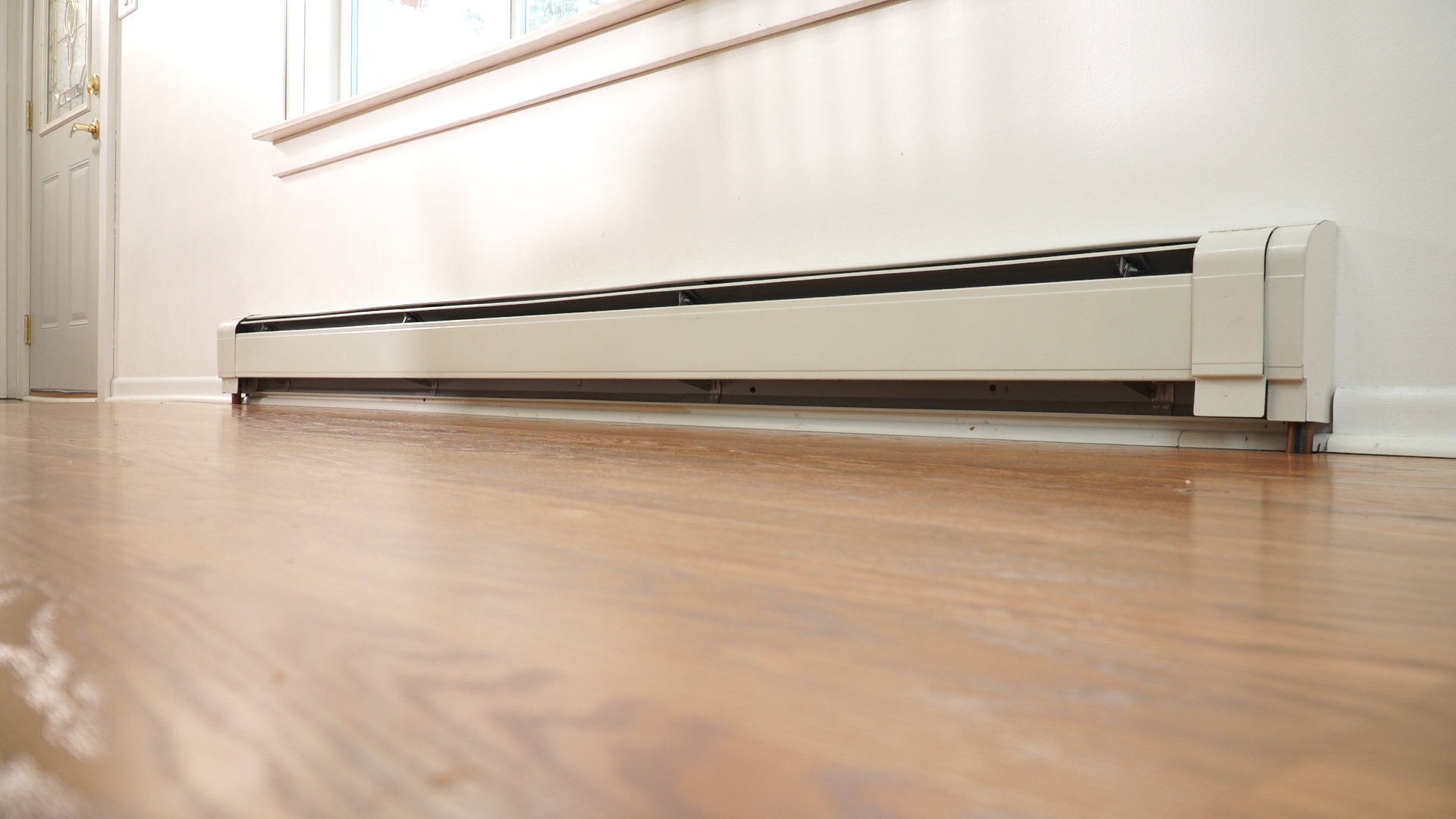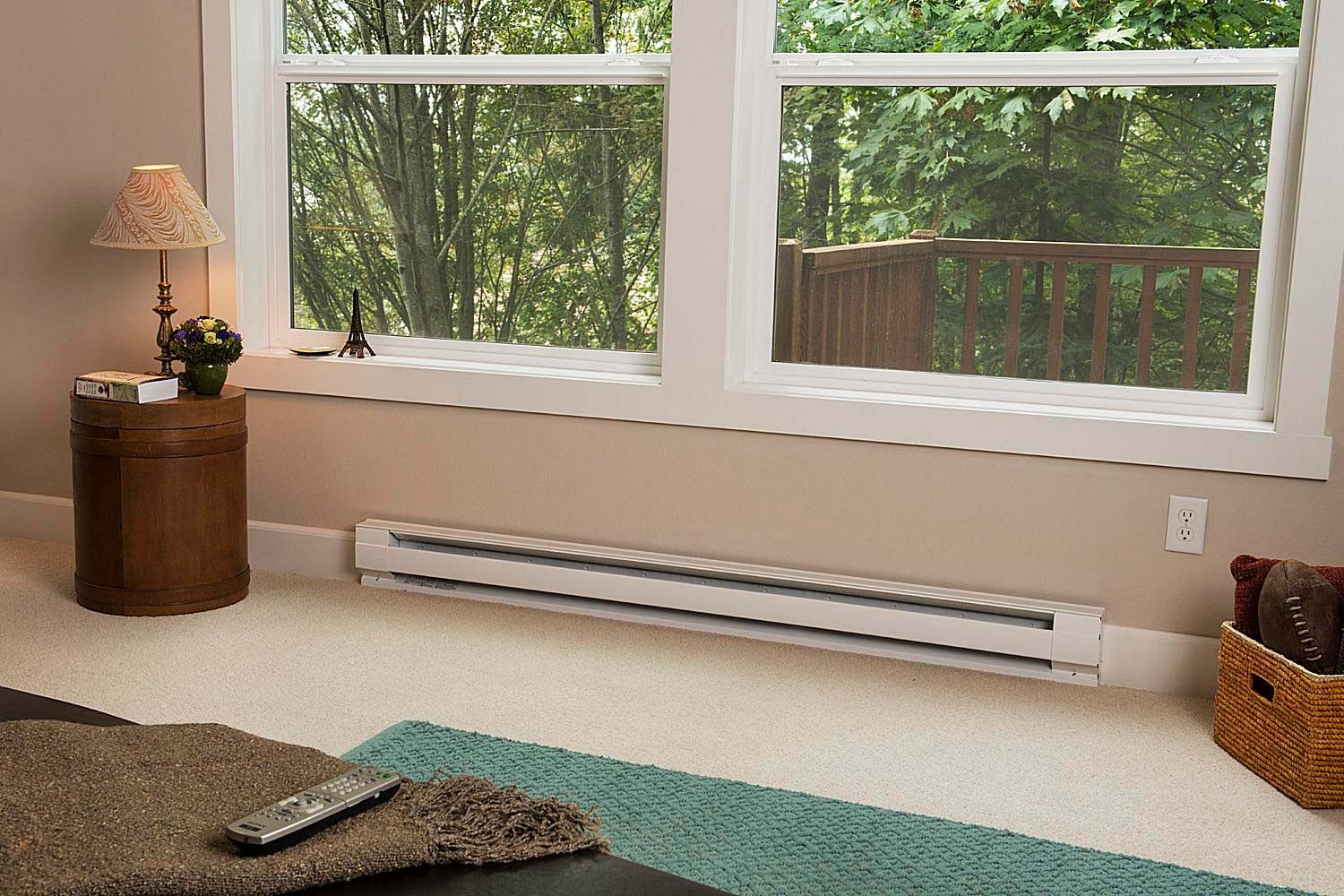Hydronic Electric Baseboard Heaters Vs Electric Baseboard Heaters

Frequently Asked Questions: Hydronic Electric Baseboard Heaters vs. Electric Baseboard Heaters
Choosing the right heating system for your home or facility can be a daunting task. Electric baseboard heaters are a common and relatively inexpensive option, but understanding the nuances between traditional electric and hydronic (liquid-filled) electric models is crucial for making an informed decision. This FAQ aims to answer your most pressing questions about these two types of heaters.
Q1: What is the fundamental difference between hydronic electric baseboard heaters and regular electric baseboard heaters?
The core difference lies in how they distribute heat. Regular electric baseboard heaters use heating elements (typically metal fins) that directly heat the air that passes over them through convection. This heated air then rises, warming the room. Hydronic electric baseboard heaters, on the other hand, contain a sealed fluid (usually oil or a glycol solution) inside. An electric heating element heats this fluid, which then radiates heat more evenly and retains heat longer.
- Regular Electric: Direct convection heating.
- Hydronic Electric: Fluid-based radiant and convection heating.
Q2: Which type of heater is more energy efficient – hydronic or regular electric baseboard?
Hydronic electric baseboard heaters are generally considered more energy efficient due to their ability to retain heat for a longer period. Once the fluid is heated, it continues to radiate heat even after the heating element cycles off. This means they don't need to turn on and off as frequently as regular electric baseboard heaters to maintain a consistent temperature. That said, both types of heaters convert almost 100% of electricity into heat at the point of use. The difference comes down to how efficiently that heat is distributed and maintained.
While hydronic heaters may seem more efficient, it's crucial to consider the initial heating time. Hydronic heaters take longer to heat up compared to regular electric heaters. If you only need heat for short periods, the longer preheating time of hydronic heaters might negate some of their efficiency advantage.
- Hydronic: Potentially more efficient due to better heat retention and even distribution.
- Regular Electric: Can be less efficient due to faster cycling, but heats up quicker.
Overall, the difference in efficiency can be modest and is highly dependent on usage patterns and how well-insulated the room is.
Q3: Does one type provide more consistent and comfortable heat than the other?
Yes, hydronic electric baseboard heaters typically provide a more consistent and comfortable heat. The fluid inside radiates heat more evenly, reducing temperature fluctuations and creating a more stable room temperature. This helps to avoid the "on-off" cycling effect that can make rooms with regular electric baseboard heaters feel drafty or unevenly heated.
Regular electric baseboard heaters tend to produce heat that's concentrated near the heater itself. This can create hot and cold spots in the room, particularly in larger spaces. The quicker cycling on and off can also cause noticeable temperature swings.
- Hydronic: More consistent, even, and comfortable heat.
- Regular Electric: Can produce uneven heat with temperature fluctuations.
Q4: Are there any significant differences in cost between hydronic and regular electric baseboard heaters?
Yes, hydronic electric baseboard heaters generally have a higher upfront cost than regular electric baseboard heaters. This is due to the more complex design and the materials required to contain the heating fluid.
However, the long-term operating costs can potentially be lower with hydronic heaters, as they may use less energy to maintain a consistent temperature. However, to realize this savings you need to use the heaters correctly with consistent usage throughout the day/night. Don't try to heat up a room from very cold only for a few hours everyday, as this isn't the ideal method for energy savings. The difference in price can vary depending on the brand, size, and features of the heater.
Don't forget to factor in the cost of installation. Both types are relatively easy to install for a DIY enthusiast, but if you're hiring an electrician, the labor cost will likely be similar for both.
- Hydronic: Higher initial cost, potentially lower long-term operating cost.
- Regular Electric: Lower initial cost, potentially higher long-term operating cost.
Q5: What about safety considerations? Are there any notable differences?
Both types of electric baseboard heaters are generally safe when installed and used correctly. However, there are a few safety considerations to keep in mind:
- Surface Temperature: Regular electric baseboard heaters tend to have higher surface temperatures than hydronic models. This can be a burn hazard, especially for children and pets. Hydronic heaters, with their fluid-filled design, tend to distribute heat more evenly across the surface, resulting in a lower overall surface temperature.
- Tip-Over Risk: Both types should be securely mounted to the wall to prevent them from tipping over, which can be a fire hazard.
- Flammable Materials: Keep flammable materials (curtains, bedding, clothing) away from both types of heaters. A safe distance of at least 3 feet is recommended.
- Overheating Protection: Ensure that both types of heaters have built-in overheating protection mechanisms that will automatically shut off the heater if it gets too hot.
- Hydronic Leaks: Although rare, there is a risk of the fluid leaking from a hydronic heater. While the fluids are usually non-toxic, the leak itself can create a mess and potentially damage flooring.
Overall, hydronic heaters are often considered slightly safer due to their lower surface temperatures. However, both require careful installation and adherence to safety guidelines.
Q6: Are there specific situations where one type of heater is more suitable than the other?
Yes, the best choice depends on your specific needs and circumstances:
- Small Rooms or Supplemental Heating: Regular electric baseboard heaters can be a good option for smaller rooms where quick heating is desired, or for supplemental heating in areas that are not regularly occupied. Their lower upfront cost makes them an attractive choice for these applications.
- Larger Rooms or Consistent Heating: Hydronic electric baseboard heaters are better suited for larger rooms where consistent and even heating is desired. Their ability to retain heat and reduce temperature fluctuations makes them ideal for bedrooms, living rooms, or offices.
- Homes with Children or Pets: Due to their lower surface temperatures, hydronic heaters are often a safer choice for homes with children or pets.
- Energy-Conscious Consumers: If energy efficiency is a top priority, hydronic heaters may be a better option, especially if the space is used regularly and requires consistent heating.
- Budget-Conscious Consumers: Regular electric heaters can be a great fit for smaller areas or rooms where you want supplemental heating.
Q7: How does maintenance of hydronic compare to electric baseboard heaters?
Both hydronic and electric baseboard heaters are relatively low-maintenance appliances. However, some key differences should be taken into account.
Electric Baseboard Heaters
- Cleaning: The main maintenance involves regular cleaning to remove dust and debris that accumulates on the heating elements and fins. Dust can reduce efficiency and potentially create a fire hazard. Use a vacuum cleaner with a brush attachment or a soft brush to gently clean the interior.
- Inspection: Periodically inspect the wiring and connections to ensure they are secure and free from damage. If you notice any frayed wires or loose connections, consult a qualified electrician.
- Thermostat Calibration: Check the thermostat periodically to ensure it is accurately sensing and controlling the temperature.
Hydronic Baseboard Heaters
- Cleaning: Similar to electric baseboard heaters, hydronic heaters also require regular cleaning to remove dust and debris from the exterior surfaces.
- Leak Inspection: Regularly inspect the heater for any signs of leaks. Although hydronic heaters are sealed units, leaks can occur over time due to corrosion or damage. If you notice any fluid leakage, contact a qualified technician to repair or replace the unit.
- Fluid Level (Rare): Some older hydronic heaters may have a fill valve to replenish the fluid level, but modern units are typically sealed and do not require fluid level maintenance.
In summary, both types of heaters require minimal maintenance, but hydronic heaters have the added consideration of leak inspection. Electric baseboard heaters require a bit more attention to dust removal from the heating elements.
By carefully considering these factors, you can choose the type of electric baseboard heater that best meets your needs and provides a comfortable and efficient heating solution.
:max_bytes(150000):strip_icc()/convection-vs-hydronic-electric-baseboard-heaters-1821911_FINAL-00dcb8b9d9a6478f9308cd0f392ae097.png)









